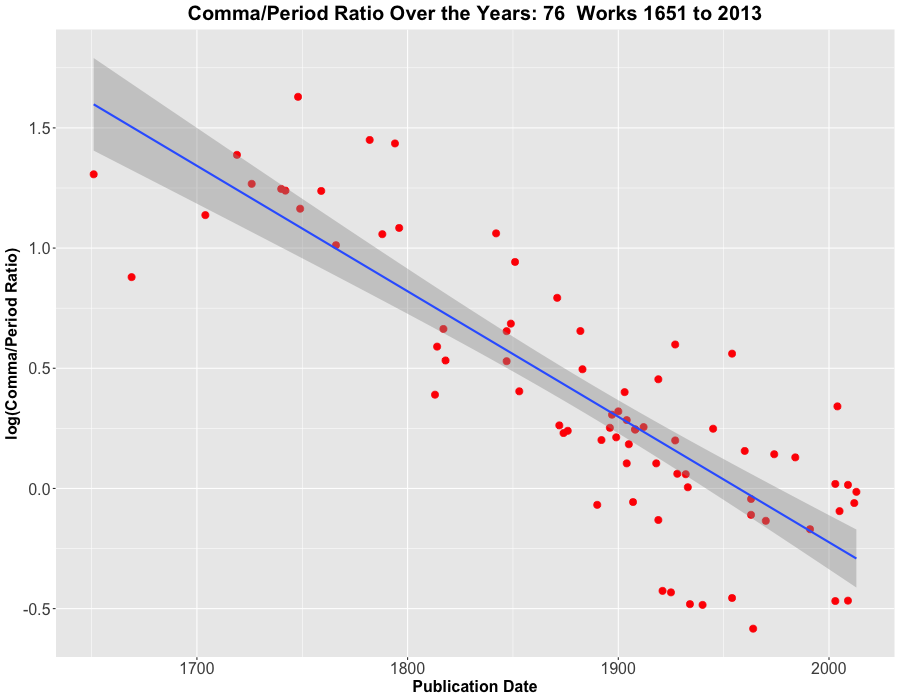Elizabeth Ribbens, "How the use of a word in the Guardian has gotten some readers upset", The Guardian 6/4/2025:
‘Got’ was changed during the editing of an opinion piece, leading to correspondence lamenting a slide into American English. But language isn’t a fortress.
In Shakespeare’s Henry VI, Part II, a messenger breathlessly announces to the king that, “Jack Cade hath gotten London bridge”. Hold this late 16th-century text in mind as we fast forward to last week when Martin Kettle, associate editor and columnist at the Guardian in the UK, was seen to suggest in an opinion piece that, if King Charles has pushed the boundaries of neutrality, such as with his speech to open the new Canadian parliament, he has so far “gotten away with it”.
In a letter published the next day, a reader asked teasingly if this use of “gotten” – and another writer’s reference to a “faucet” – were signs the Guardian had fallen into line with Donald Trump’s demand that news agencies adopt current US terminology, such as referring to the “Gulf of America”.
Another, who wrote to me separately, had first seen the article in the print edition and expected subeditors (or copy editors, if you wish) would eventually catch up and remove “gotten”, which “is not a word in British English”. She was surprised to find the online version not only unchanged but with the phrase repeated in the headline.
Read the rest of this entry »

